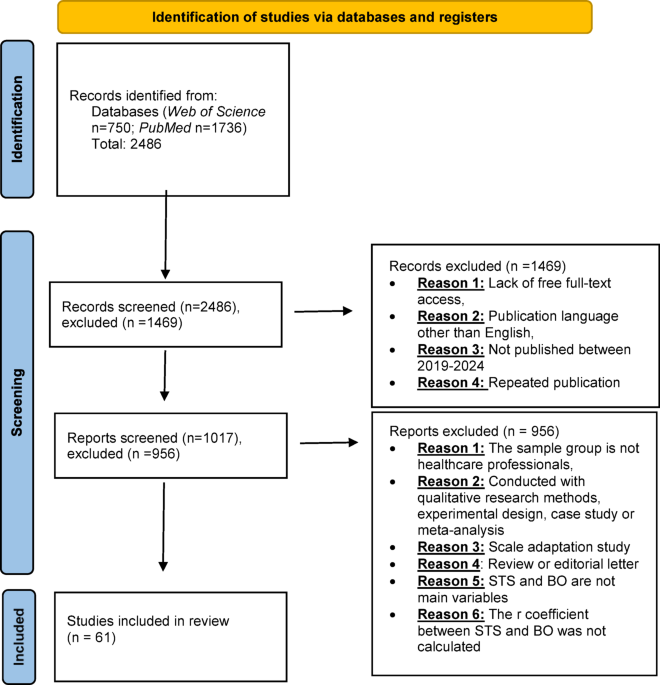
The evolution of medical technology depends heavily on continuous innovation to enhance patient outcomes and deliver more efficient care across the healthcare industry. As healthcare faces constant pressure from aging populations and increasing chronic illnesses, new ideas and advancements become vital for creating solutions that benefit both patients and providers while addressing evolving challenges.
Better medical care stems from innovative tools and approaches that enable faster diagnosis, new treatment methods, and improved recovery monitoring systems. Medical professionals can provide significantly better care while minimizing errors through advanced electronic medical devices that ensure more accurate diagnoses and treatments. The progression of medicine with new technology leads to substantial health improvements, with patients experiencing quicker recovery times, fewer complications, and considerably higher quality of life.
Healthcare efficiency receives a significant boost from the latest technological advancements, enabling faster medical workflows, extended budgets, and quicker information sharing among staff. Hospitals and clinics can deliver substantially better care to patients through prudent spending and maintaining up-to-date patient records. The healthcare sector must continue investing in exploring new ideas and bringing them to life to maintain the flow of medical breakthroughs that keep healthcare at the forefront of technological achievement.
Medical breakthroughs now enable hospitals to create personalized treatments tailored to individual patients through significant advances in genetics and biotechnology. Medical professionals can develop medicines specifically designed for a person’s exact genetic code, resulting in more effective treatments with far fewer adverse reactions. This personalized approach ensures patients receive precise care that genuinely focuses on their unique needs.
Diagnostic accuracy, the cornerstone of effective treatment, receives substantial enhancement through artificial intelligence and machine learning technologies. These tools help doctors sift through extensive health records with remarkable speed and precision, enabling quicker identification of health concerns and ensuring patients receive exactly the care they need immediately. Collaboration among scientists, medical staff, and technology experts further accelerates innovation, with teams combining intelligence and skills to develop solid plans for tackling tough health challenges.
Despite the clear benefits, new technologies face adoption barriers including regulatory hurdles and resistance from medical professionals to changing established practices. Overcoming these obstacles requires investment in strong education and practical skills development, ensuring medical staff understand the advantages of new technology and implement it more quickly. When implementing innovations, maintaining strong ethical standards remains crucial, with hospitals and clinics prioritizing patient privacy and safety through strict regulations for new health devices.
The future of medical breakthroughs depends on the fresh thinking and insights currently present in the healthcare sector. Introducing new ideas and building strong collaborative teams enables healthcare to advance while ensuring everyone receives better care. Investing in the latest tools and utilizing them ethically helps maintain forward momentum in medicine, creating a more efficient healthcare system that benefits current and future generations. Additional information about medical technology innovation can be found at
link





:max_bytes(150000):strip_icc()/stuffy-nose-GettyImages-854418348-39f4f61c549946d4bd586786909ad47c.jpg)
More Stories
AdvaMed pleads its case on medical device tariffs
AMA Launches Center for Digital Health and AI to Put
Digital Health Market innovation drives care efficiency,